Warning on euthanasia bill ‘slippery slope’
Local
A South Australian politician has expressed concern that people do not fully understand the implications of the Voluntary Assisted Dying (VAD) bill currently before State Parliament.
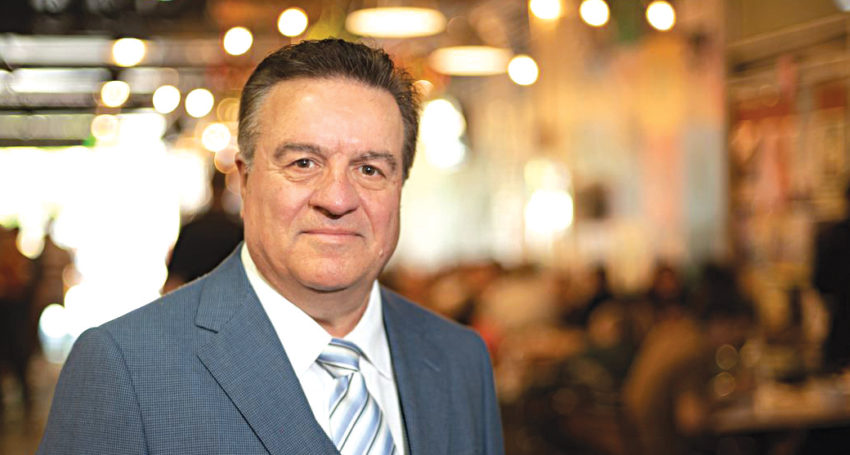
Frank Pangallo, from SA Best and a member of the Legislative Council, told Parliament during the bill’s second reading that while polls indicated overwhelming support for VAD, some of those polls could be “quite simplistic and unscientific”.
“It is doubtful whether many (respondents) have ever thoroughly researched the subject to get a full understanding and a proper balanced perspective of the debate, not merely giving a response just because it sounds like a good idea to put terminally ill people out of their misery,” Mr Pangallo said.
Advertisement
“It is far more complex and complicated than that, as I have learned from my own exhaustive research.”
Warning that VAD could devalue human life and lead to the abuse of the elderly, sick and vulnerable, Mr Pangallo said his resolve to oppose the bill was strongly influenced by the sad circumstances behind the recent death of his friend, Vili Milisits.
He deferred going into further details except to say that the circumstances were relevant to the debate.
Mr Pangallo went on to talk about the “slippery slope” where conditions under which an individual might choose to die could take a different course and be widened. He referred to the situation in Belgium and the Netherlands where euthanasia has been legal for some time.
“I do share some of those concerns about what has happened in those two countries, particularly in Belgium where the numbers of people choosing this path have exploded because of the type of laws they have allowed and amended,” he said.
“For instance, they have allowed VAD through lethal injection for minors as young as nine and 11 and a minor aged 17. These cases and another death of a dementia patient, done without her consent, are now the subject of a criminal investigation into three medical practitioners on charges of improper euthanasia and have increased discussion about Belgium’s assisted dying laws.
“In the Netherlands, children 12 and older are included in the Act. Also, the Netherlands, like Belgian law, allows euthanasia for people with psychiatric/mental illness to end their lives if they can prove they have unbearable and untreatable suffering.”
Mr Pangallo said whether or not to support this legislation was the most difficult decision he had ever had to make.
He lamented the “notable bias” for the pro-euthanasia lobby in the mainstream media with the opposing side not getting the same “column space to advocate their views”.
“That is disappointing,” he said. “There are very compelling arguments on both sides, arguments even I had not considered until doing my own research.”
He concluded his address with a quote from a pioneer of palliative care, Dame Cicely Saunders, founder of St Christopher’s Hospice in London: ‘Suffering is only intolerable when nobody cares’.
Another MLC and the State Treasurer Rob Lucas spoke strongly against the bill, guided by his Catholic upbringing and values. He insisted he could not “park my own views and vote in a particular way because the majority of people in a poll say that I should vote in that particular way”.
Advertisement
Mr Lucas shared for the first time the story of his mother, a dialysis patient, who was wrongly diagnosed with lung cancer.
She received the last rites from a Catholic priest surrounded by family. However, tests came back proving what the doctors thought was lung cancer was a reoccurrence of tuberculosis which she had contracted as a young Japanese woman living in Manchuria.
“So the reality was that they pumped her full of antibiotics and she lived on for a number of years afterwards. She saw a couple more weddings, a few more grandchildren being born, and lived a good life until she eventually passed away a number of years later as a result of a whole variety of complications to do with kidney-related disease,” he said.
While it was his belief in the sanctity of life and not this incident that had influenced his position on the bill, Mr Lucas said the story highlighted that “with the very best will in the world, mistakes are made by the very best specialists”.
“In different sets of circumstances other people confronted with the same situation might have made other decisions in relation to it…”
Liberal MLC Dennis Hood detailed his opposition to the bill and put a number of questions to Labor MLC Kyam Maher, who introduced the bill.
Mr Hood said the AMA and other peak medical bodies overseas all had a formal position against voluntary assisted dying. “How can we legislate to grant the relevant authority for doctors to euthanise patients against the wishes of their peak medical body, certainly here in South Australia as well?”
He also asked how the proposed legislation supported improvements in access to palliative care and whether it would have the opposite effect in terms of resourcing.
Mr Hood referred to a Washington State Department of Health report which said 61 per cent of those who chose assisted suicide stated as one of their reasons for their decision was feeling they were a burden on their family, friends and caregivers.
“My question is then: how will this legislation protect individuals requesting euthanasia from feeling pressured from family and loved ones to end their life in similar circumstances to those in Washington?”
Clare Scriven, Nicola Centofanti and Terry Stephens also spoke against the bill at the second reading stage.



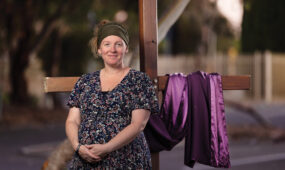
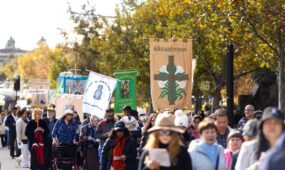
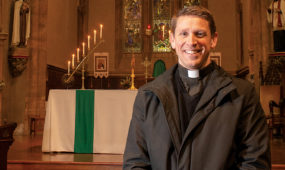
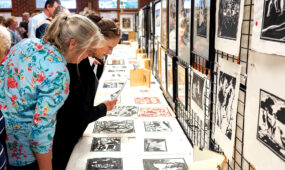

Comments
Show comments Hide comments